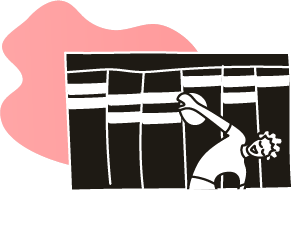Title of the resource
Title of the resource in english
Publisher
Teaching Ideas
Teaching Ideas is a website aimed at UK and around the world teachers and educators. It contains thousands of downloadable resources for teaching various subjects, such as English, Maths, History, Computing and more. https://www.teachingideas.co.uk/about
Original language
Target and Age Group
Primary school (5-11 year olds)
Link to resource
Accessed on 25 June, 2020
Author of the Entry:
Ayelet Peer, Bar- Ilan University, ayelet.peer@biu.ac.il
Peer-reviewer of the Entry:
Lisa Maurice, Bar-Ilan University, lisa.maurice@biu.ac.il
Second Peer-reviewer of the Entry:
Elżbieta Olechowska, University of Warsaw, elzbieta.olechowska@gmail.com
Mark Warner
Mark Warner has been a teacher for 15 years in the UK and created Teaching Ideas in 1998.
Contents & Purpose
This activity suggests role-playing of the myths relating to Perseus. It does not offer the script but rather include suggestions for the teacher on how to engage with the myths. The activity includes a one page PDF of Perseus’ story as well as Story board templates.
The male characters include: Zeus, Hermes, Polydectes, Perseus and Acrisius
The female characters include: Danae, Medusa, Gray Women (x 3), Nymphs(x 2), Athena and Andromeda.
Further comments
The story of Perseus, while abridged, contains the main points of his journey, his being cast away with his mother, arriving at Seriphos, his quest for Medusa and the rescue of Andromeda. It is even mentioned that the Persians got their name from Perseus who ruled over them.
Using role-play makes the myth more dynamic and entertaining for the children. Furthermore, since there are roles for both boys and girls, they can add their own script and thoughts to the characters, especially the female ones. The children can pretend to be an ancient hero/heroine and try to guess what it means to be a hero, what problems must be overcome etc. Furthermore, the story of Perseus displays strong family themes, from the devotion of Perseus to his mother and the estrangement of his grandfather; thus the story can perhaps be used to discuss the importance of family with the children and raise with them problems and difficulties they might be facing.


